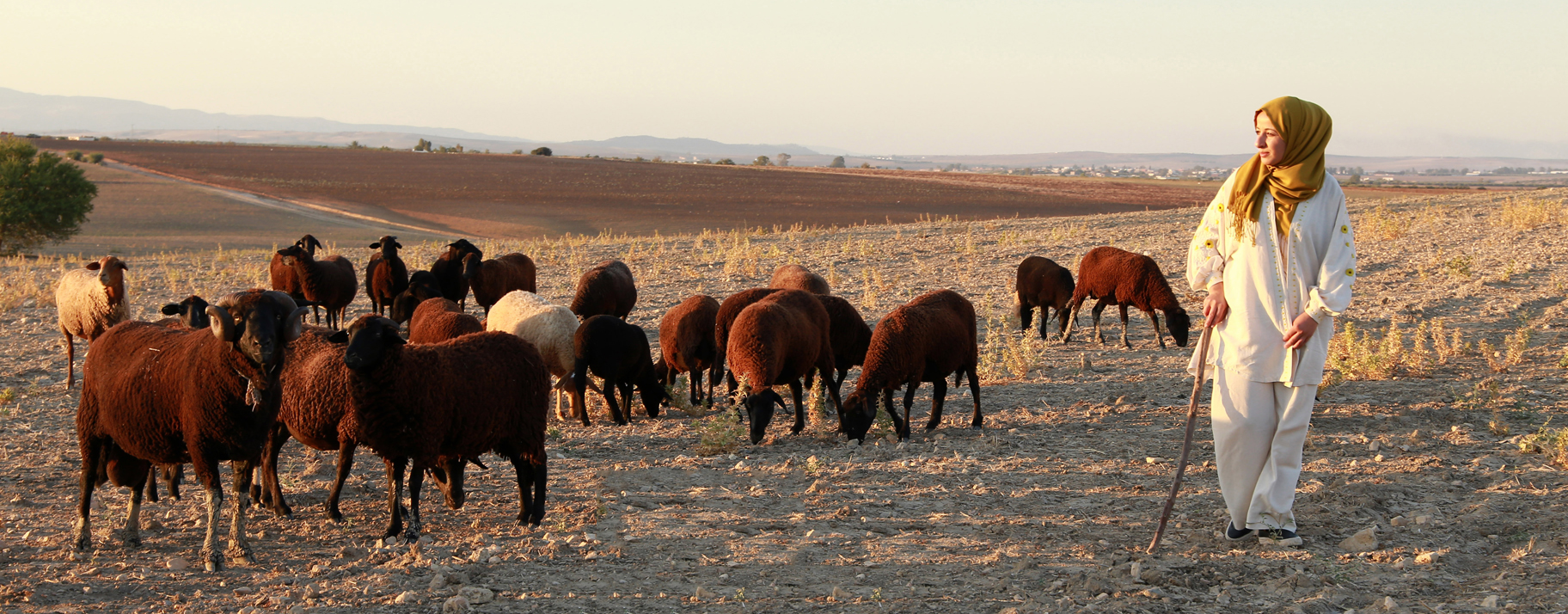
Support Tunisia in implementing pandemic prevention, preparedness and response in a One Health approach
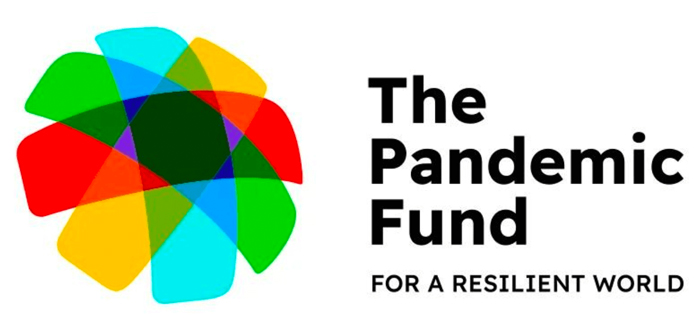
Tunisia, situated at the crossroads of the Mediterranean, faces unique public health challenges exacerbated by climate change, urbanization, and cross-border population movement. This project focuses on enhancing Tunisia’s pandemic prevention, preparedness, and response (PPR) capacities through a unified One Health approach, integrating human, animal, and environmental health systems. By addressing critical gaps in surveillance, laboratory systems, and workforce development, the initiative aims to strengthen the country’s resilience to future health threats.
Implementation and key components
The project is implemented by the Ministry of Health (MoH) and the Ministry of Agriculture (MoA) in partnership with the World Bank, WHO, and FAO, and focuses on national, sub-national, and community levels.
Strengthening early warning systems
The initiative will operationalize the SATURN system to enable integrated disease surveillance across human, animal, and environmental health sectors. Key activities include updating notifiable disease lists, enhancing antimicrobial resistance (AMR) monitoring, and introducing community-level surveillance mechanisms to improve outbreak detection. A focus on Points of Entry (PoEs) will enhance the country’s ability to monitor and respond to transboundary health threats.
Modernizing laboratory systems
Investments in Tunisia’s laboratory networks will focus on enhancing diagnostic capabilities through advanced technologies, improving biosafety and biosecurity protocols, and establishing an efficient national specimen transport system. The project also aims to achieve ISO accreditation for priority laboratories, fostering international collaboration and ensuring high-quality diagnostics for zoonotic and emerging diseases.
Building workforce capacity
The project will expand Tunisia’s workforce capabilities by introducing competency-based training programs for health professionals, veterinarians, and community workers. Specialized training in epidemiology, AMR management, and rapid response coordination will ensure a skilled, multidisciplinary workforce ready to manage health crises effectively.
Expected outcomes
This initiative aims to create an integrated health system capable of managing public health threats efficiently. Enhanced surveillance and laboratory systems will strengthen early detection and diagnosis, while workforce development initiatives will build institutional and community-level resilience. By reducing Tunisia’s vulnerability to pandemics, this project will mitigate socio-economic disruptions and establish a sustainable framework for long-term health security.
Implementing Entities
FAO, UNICEF, WHO, World Bank
Priority areas
- Early warning and disease surveillance systems
- Laboratory systems
- Human resources/public health and community workforce capacity
Total budget
USD 25,000,000
Total co-financing
(in kind and cash)
USD 29,336,896
Total co-investment
(in kind and cash)
USD 870,872,798
Find out more
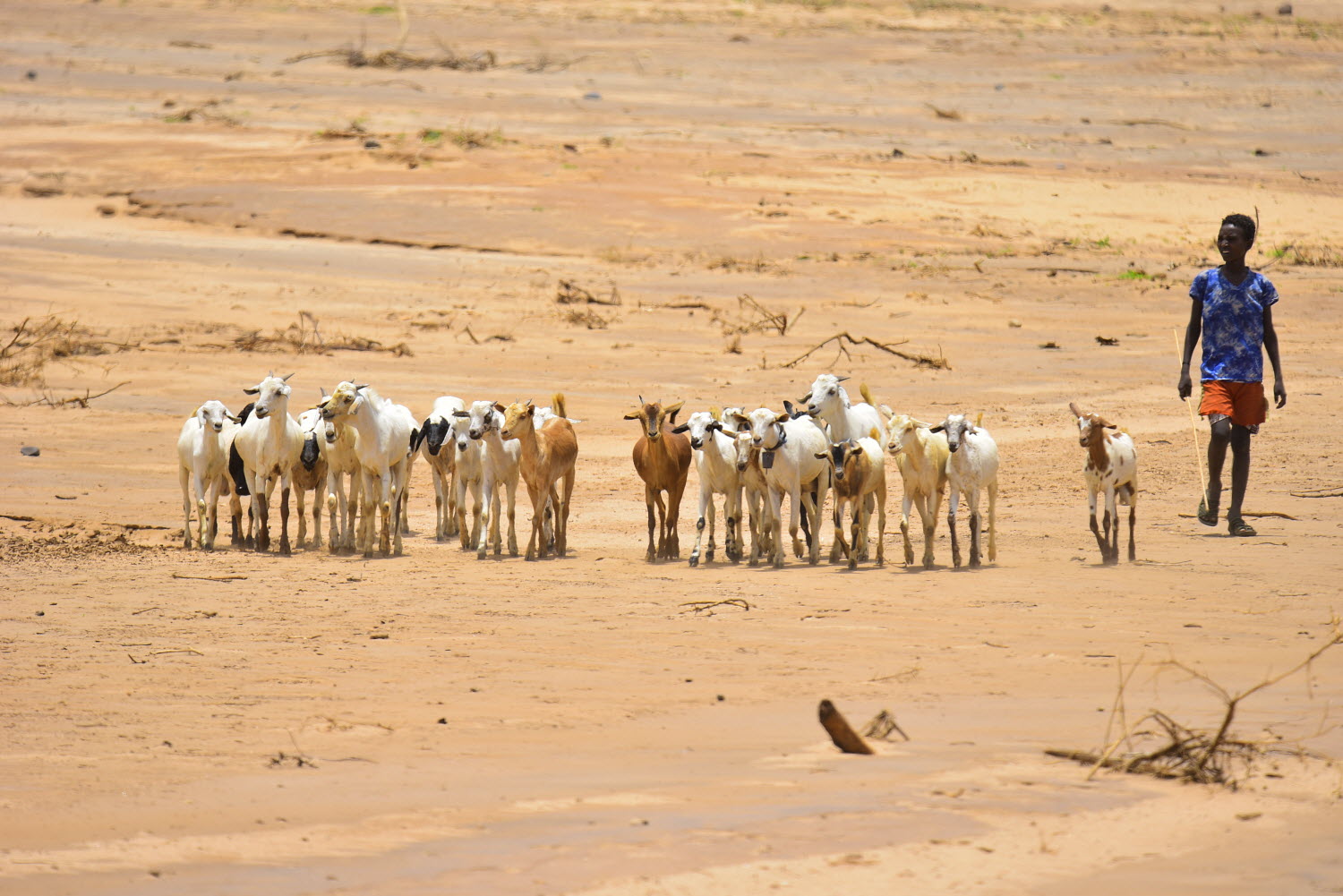
Projects
FAO and the Pandemic Fund
FAO is co-leading the implementation of 32 Pandemic Fund projects worth over USD 165 million aimed to boost local and global health security.
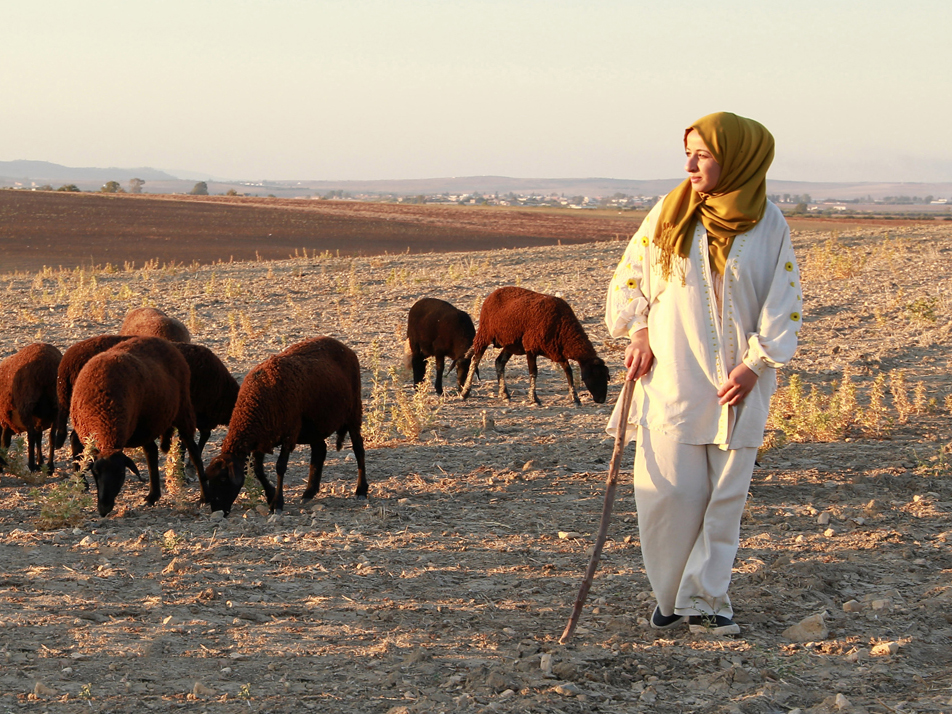
Highlights
Pandemic Fund’s third call for proposals
The Pandemic Fund has announced its third Call for Proposals, with an envelope of USD 500 million to enhance pandemic preparedness and response with a focus in low- and middle-income countries.
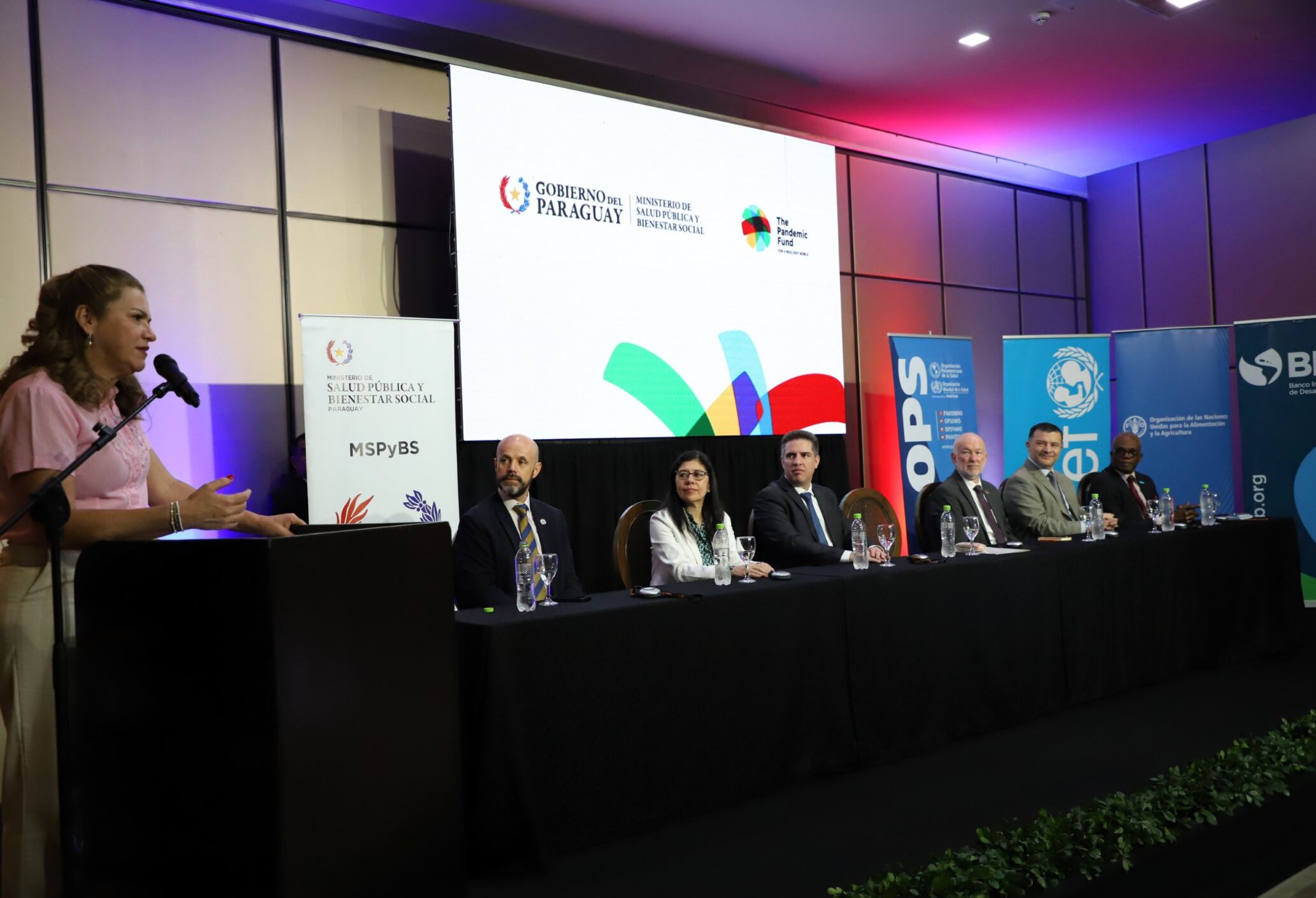
Highlights
Global fight against pandemics gains momentum as projects launch with FAO support
The first of Pandemic Fund projects launched at national level, including Ethiopia, Paraguay, Central Asia countries, and Yemen.
